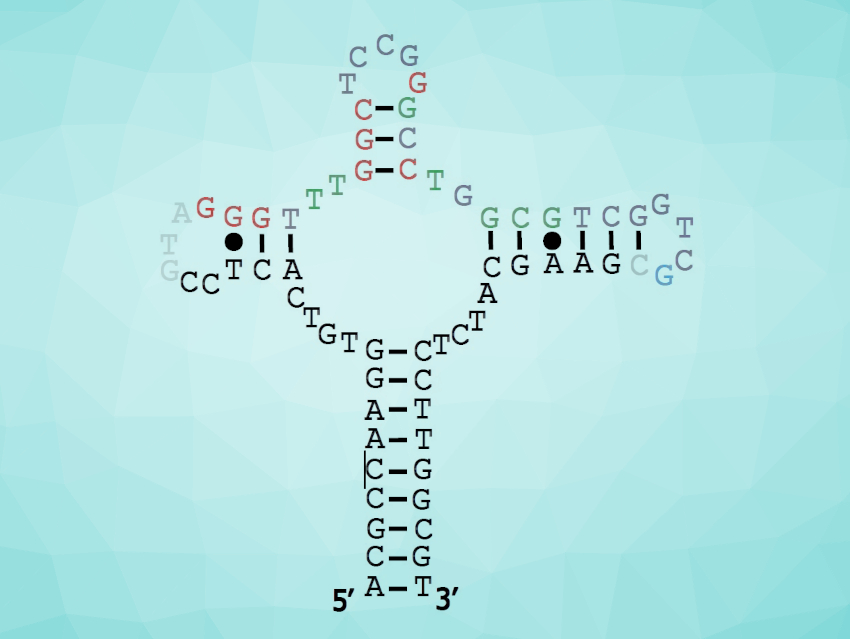Mutations of SARS-CoV-2 have led to the emergence of many new variants. Some variants have been characterized as Variants of Concern (VoCs) by the World Health Organization (WHO) due to their increased risks. Notable examples include the Delta and Omicron variants. The commonly used PCR tests suffer from a slow turnaround time and high cost. Rapid antigen tests can be less than ideal for detecting new VoCs. There is, thus, a need to develop simple and effective testing methods that work for both current and future VoCs.
Yingfu Li, McMaster University, Hamilton, Canada, and colleagues have developed a universal DNA aptamer that can help to detect all major VoCs. Aptamers are short, single-stranded DNA or RNA molecules that can selectively bind to a specific target. The team used a pool of aptamers that bind to the wild-type spike protein and carried out aptamer selection experiments using five different spike proteins. They discovered a unique aptamer named MSA52. This aptamer has a universally high affinity for seven important SARS-CoV-2 variants, including Delta and Omicron. It also shows excellent specificity and does not show strong cross-reactivity for other coronaviruses.
The discovery of this universal aptamer could provide a solution for testing for the constantly evolving SARS-CoV-2. An integrated colorimetric assay using this aptamer can detect five different variants, while other non-universal aptamers could only effectively detect one or two. According to the researchers, they are currently working on developing simple lateral flow devices or electrochemical sensors for point-of-care testing.
- A Universal DNA Aptamer that Recognizes Spike Proteins of Diverse SARS‐CoV‐2 Variants of Concern,
Zijie Zhang, Jiuxing Li, Jimmy Gu, Ryan Amini, Hannah Stacey, Jann Ang, Dawn White, Carlos Filipe, Karen Mossman, Matthew Miller, Bruno Salena, Deborah Yamamura, Payel Sen, Leyla Soleymani, John Brennan, Yingfu Li,
Chem. Eur. J. 2022.
https://doi.org/10.1002/chem.202200078
Also of Interest
- Collection: SARS-CoV-2 Virus
What we know about the new coronavirus and COVID-19




